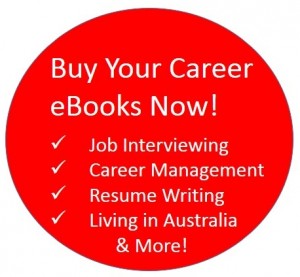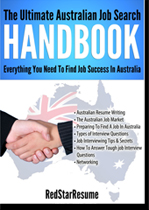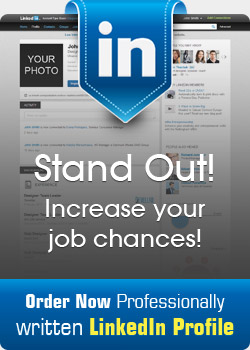 Think your safe job-searching online? Think again.
Think your safe job-searching online? Think again.
Guest article by Teena Rose — a highly endorsed resume writer and career coach with Resume to Referral. Mrs. Rose writes professional, fresh, and attention-grabbing resumes, social media profiles, and bios for national and international executives.
Conducting a job search using the Internet has definitely transformed how jobseekers contact hiring companies. The availability of copying and pasting a text version resume into a form at a company’s website [or uploading a Word file] has laid the foundation for an easier and more convenient job-search process. No longer does a jobseeker need to spend hours with the traditional method of printing and mailing his resume to countless recipients.
With the Internet’s convenience, a breeding ground for scam artists continues to grow each year as well.
Identity thefts increased overwhelming between 2008 and 2010, effecting 3.5% of the adult American population by some studies. Many of these cases are the result of phishing — so not surprisingly, the employment industry is under attack as well. The FTC has reported that more 10% of total fraud involves employment fraud.
Phishing is an attempt to extract personal information through what appears to be authentic emails. If you are job searching, an email from a seemingly interested recruiter, for example, may not raise a red flag with you. You may think that the contact person and company listed are legitimate. Yet, looks can be deceiving. Knowing what to look for and how to spot fraud (or potential for abuse) can be the best deterrent to ensuring you have a safe experience, while conducting your job search.
Be leery of submission invitations.
Scammers and spammers follow much the same patterns. Mass emails are sent to an enormous list of recipients. Not everyone on the “hit list” is searching for a new job; however, only a small number of people need to be convinced or tricked into believing the email is authentic in order for the scam to be deemed successful. Receiving an email from a recruiter who states, “We saw your resume on the Internet, and we find your skill set to be perfect for one of our clients. Please complete our online application through the below link.”
Should this happen to you, ponder these questions:
q Did you send your resume to this recruiter?
q If not, how did the company learn about you [legitimate emails should tell you]? Just mentioning “saw your resume on the Internet” is vague.
q Upon further examination, do the company and the company rep appear reputable?
Visit the company’s website (caution: type the web address into your browser, avoid clicking the link in the email). If you’re still unable to determine the validity of the request, call the company. Verify everything; sender’s name, email address, and so on. Still avoid clicking the link in the email … it’s just a good habit to start! Always proceed with suspicion when you receive any cold-contact email from someone.
Avoid responding to requests for personal information, such as a social security or credit card number.
Let’s say you receive an email from what appears to be a well-known job bank. The email states that your account needs your contact and payment information to be updated in order for service renewal. You click on the link and you’re taken to a page that looks, feels, and “smells” right. You then proceed by submitting the requested information. The link appeared safe, but you were taken to a site designed to defraud you.
When purchasing from resume, using a paid resume submission service, or any other service for that matter, ensure the private information you provide is encrypted upon hitting submit.
Encryption, in short, ensures the private information you submit online is kept safe. When at your browser, you can recognize an encrypted form when the root URL starts with “https:” instead of “http:” or you see the padlock present in the bottom right corner of your screen. Purchasing from companies having added security measures in place can ensure your private information avoids the hands of ill-willed people. Learn more about encryption by reading Jeff Tyson’s article titled, “How Encryption Works,” at howstuffworks.com.
Read and understand the privacy policy of sites you patron.
The Better Business Bureau possesses a strict policy for members who do business online. A privacy statement for example must be displayed on member’s website, no exceptions. High business practices are a necessity for maintaining the trust of online buyers; and the BBB understands the critical importance of trust among consumers. A privacy statement outlines what type of customer information is collected and how it’s used. Information transferred or sold could be basic, like name and email address, or far more in-depth like name, address, social security number, and phone number. No matter how basic or detailed the information, the company must have the logistics spelled out in their privacy policy, so you can make the decision whether to patron the site in the first place.
Tell — because so few others do!
Reports show a staggering 80% of online fraud goes unreported. If the proper authorities aren’t aware of the magnitude of fraud that actually exists on the Internet, then getting the much-needed funds to battle the problem will take more time. The Internet Fraud Complaint Center (ifccfbi.gov) has an online complaint feature for individuals to report phishing attacks. The IFCC report process requires basic information, including information on the perpetrator and type of fraud.
For phishing schemes, forward the fraudulent email to the legitimate company in addition to filing a formal complaint with IFCC. Phishing is smearing the good names of countless companies, and notifying the company about the scam can also help the fight. Bringing affected companies on board early will provide a multi-prong approach to this epidemic.
The lesson jobseekers should learn is to avoid giving your information out freely. Whether you’re at the end of a phishing attack or the job application requires more information than you’re willing to provide, proceed with caution. Much like you’ll analyze job opportunities; intensely examine each person who receives your personal information. With safe online practices, you’ll get the best return from your job-search efforts — instead of spending hours filing a police report and calling credit bureaus and credit card companies.
 Resume trends and hiring manager’s preferences change quickly these days, so it’s important to keep up with current styles. These are some of the top 5 common resume writing mistakes job seekers make. If you find your resume is following into any of these categories try to change it up!
Resume trends and hiring manager’s preferences change quickly these days, so it’s important to keep up with current styles. These are some of the top 5 common resume writing mistakes job seekers make. If you find your resume is following into any of these categories try to change it up!






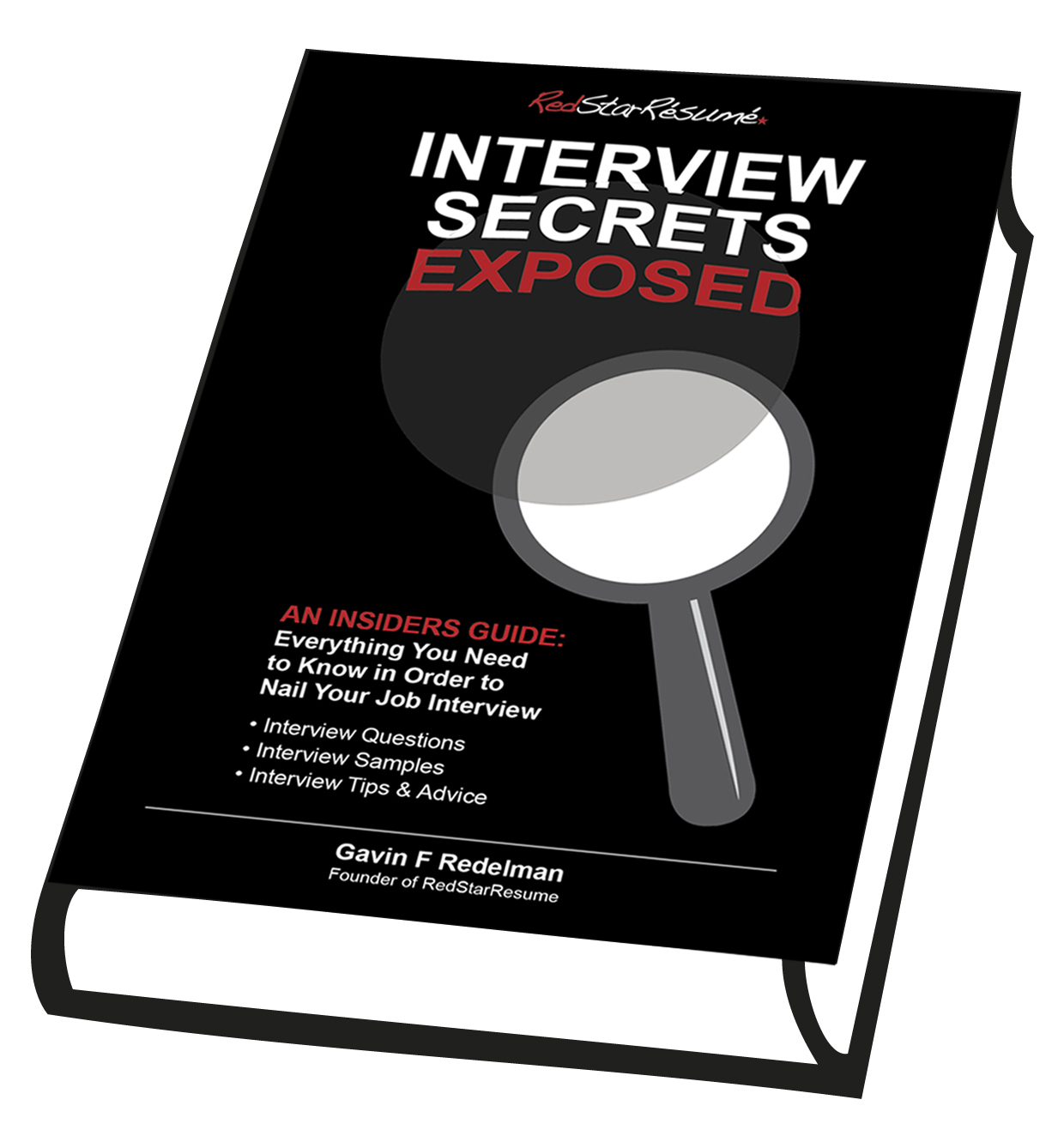






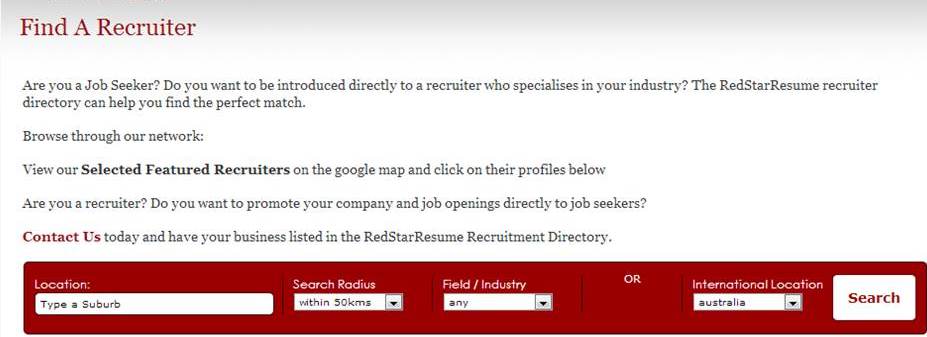

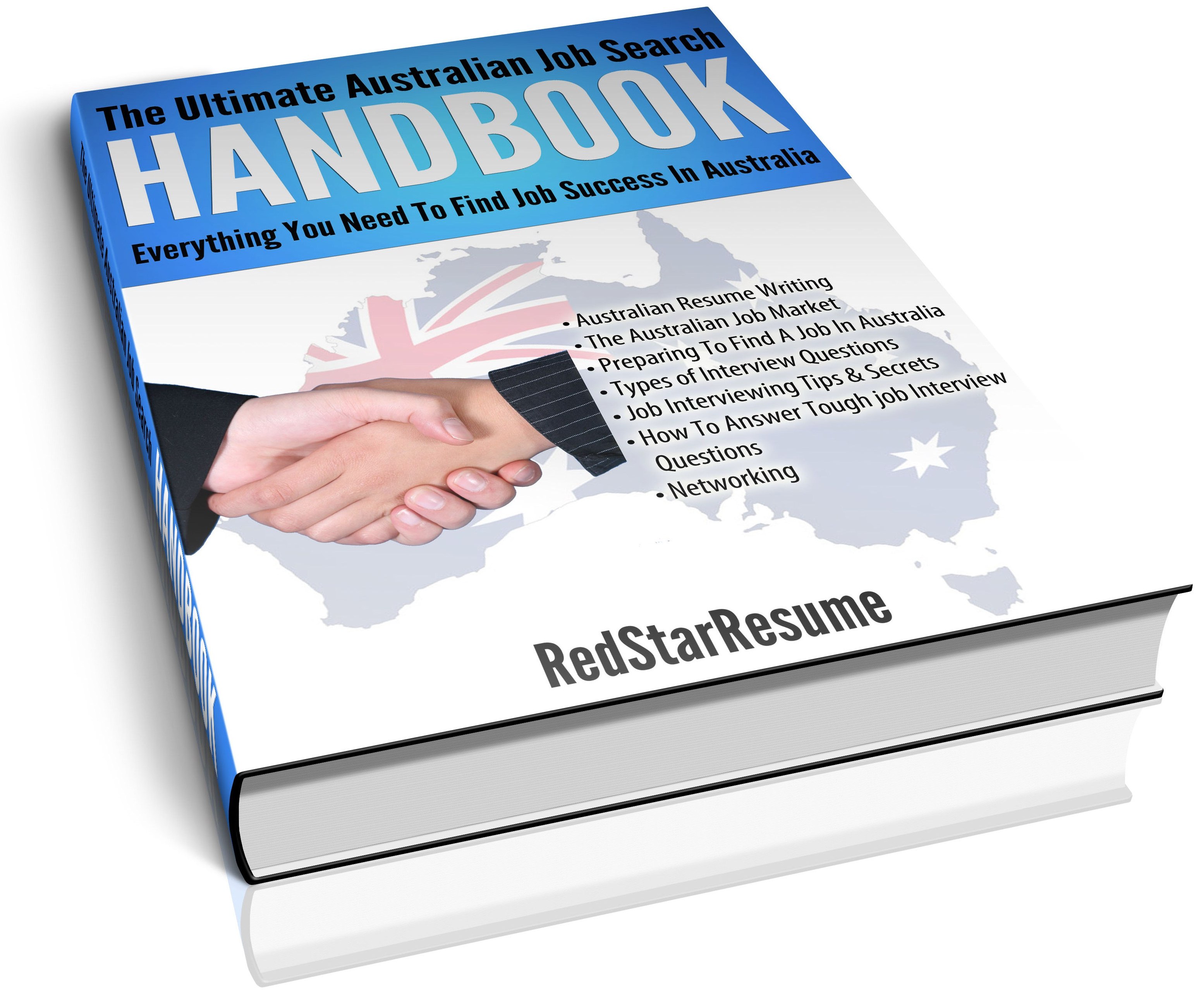
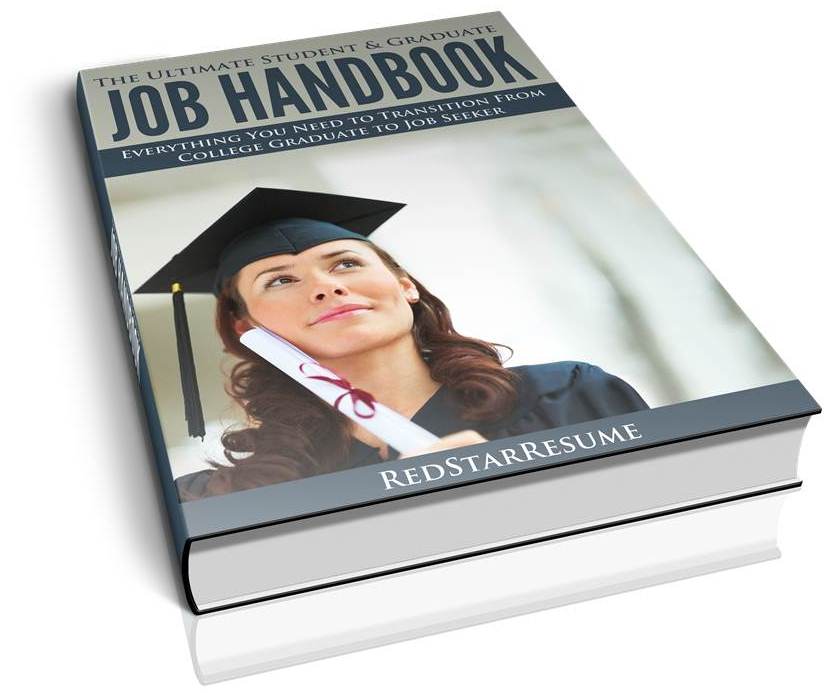







 As the Australian job market is softening, finding a well paid job is becoming a more challenging task than before. National Australia Bank’s quarterly business survey, released in February 2013, shows a clear majority of firms cut their payrolls in the December 2012 quarter and intend cutting further in the March 2013 quarter. Landing high-paying jobs in the current business environment requires not only education and talent, but also a lot of work invested by job seekers. Here are four solid tips to help you land a well paid job.
As the Australian job market is softening, finding a well paid job is becoming a more challenging task than before. National Australia Bank’s quarterly business survey, released in February 2013, shows a clear majority of firms cut their payrolls in the December 2012 quarter and intend cutting further in the March 2013 quarter. Landing high-paying jobs in the current business environment requires not only education and talent, but also a lot of work invested by job seekers. Here are four solid tips to help you land a well paid job.




